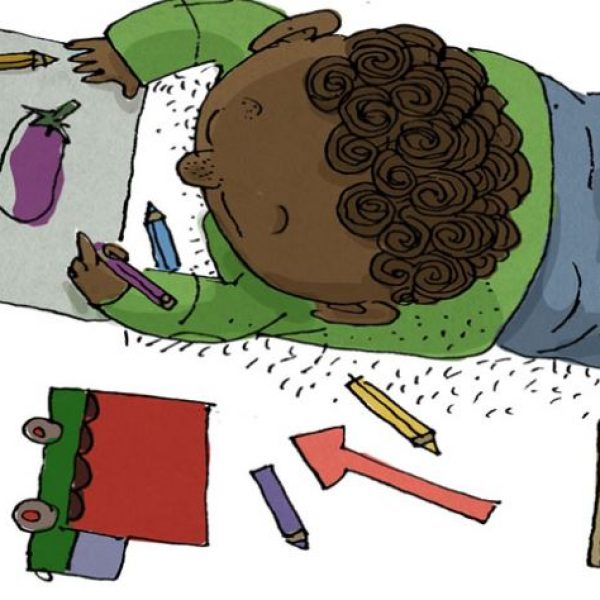Deadline: 6 July 2015
Open to: anyone who wants to present his/her paper relating to the workshop’s topics
Venue: 9-10 October 2015, Rijeka, Croatia
Description
Franz Vranitzky Chair for European Studies has announced a call for papers for a workshop “Generation on the move. Children of the 90s in Bosnia-Herzegovina, Croatia, Kosovo, and Serbia”. The 1990s had a long lasting impact on the children and youth of Bosnia-Herzegovina, Croatia, Kosovo, and Serbia, that can be seen nearly a quarter of a century after the outbreak of the Yugoslav wars. The experiences as well as the social and political view points of this generation will become the foundation of their roles performed in society and guide their decision-making process. Therefore research studies about the children from the last decade of the former-Yugoslavia will be an important task due to their effect on actual and prospective politics in this region. The aim of the workshop is to get a broad idea of the generation that lived their childhood and youth through the Yugoslav wars in the 1990s. Having now reached adulthood, the question of how this generation deals with their past, present and their future is raised. Though the organizers of the workshop focus on interdisciplinary studies, the essential target is to collect a variety of different approaches towards the generation’s identities, memories, attitudes and values, hopes and needs. Participants will be investigating the generation’s opinions and habitus in terms of their individual and collective political, socio-economical and cultural situations, as well as towards Europe, the European Union and their neighbouring countries. Following questions can serve as an inspiration for paper’s topics:
- How exactly do these young adults define themselves today – culturally, socially and politically?
- What personal, psychological and/or collective difficulties is this generation confronted with?
- What about their social infrastructure and how it affects social security and their education?
- Which role does family, religion, customs and traditions play for this generation and are there any other influencing factors? How do these young adults feel about starting a family?
- Which customs and events (e.g. sports) are important for their communities? What occurrences and experiences are important in their everyday life? Did they change in the last 25 years?
- What influence does the media and the internet have regarding young people communicating naturally within global spaces? Which different media channels are used in what way?
- What are their feelings, attitudes and habits towards their own and others’ mix of national and international identities? What are the images this generation cultivates of themselves and others?
- What does being European and sharing European history, values and customs mean to this generation? Which influence did European or other countries have on them during the last 25 years?
- What happened to the migrants and returned migrants of this generation?
Eligibility
The workshop is opened to anyone who wants to present his/her paper researching the issues of the children from the last decade of the former-Yugoslavia.
Costs
The organizers will cover accommodation and travel costs.
How to apply?
The deadline for applications is 6 July 2015. Proposals of maximum 300 words and a short CV for contribution and participation in the workshop are to be submitted to fvc@univie.ac.at. If your proposal is accepted, you will receive an invitation to participate in the workshop within the next two weeks. Selected contributors will be asked to send a paper of 5 to 10 pages in length by 31 August 2015, to be circulated among workshop participants.
For more information please follow the official website.


